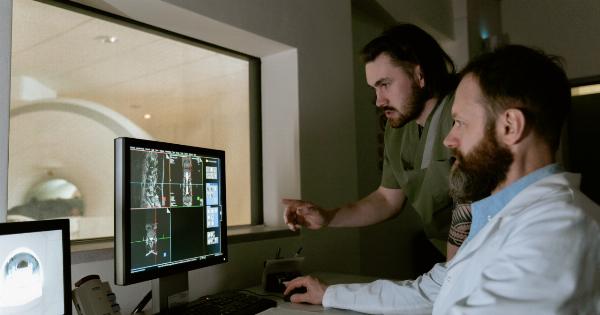A post-term pregnancy, also known as a prolonged pregnancy, occurs when a pregnancy extends to 42 weeks or more. A typical pregnancy lasts for about 40 weeks.
When a pregnancy goes beyond 42 weeks, it can cause discomfort, anxiety, and potential risks for the mother and baby.
Causes of Post-term Pregnancy
The exact cause of post-term pregnancy is not known. However, some factors that may contribute to it include:.
- Inaccurate due date: If the due date of the pregnancy is inaccurate, it can lead to a post-term pregnancy.
- First-time pregnancy: Women who are carrying their first child are more likely to have a post-term pregnancy.
- Genetics: Some studies have suggested that genetics may play a role in post-term pregnancies.
- Poor nutrition: Women with poor nutrition during pregnancy are more likely to have prolonged pregnancies.
Risks Associated with Post-term Pregnancy
Post-term pregnancy can pose several risks to both the mother and baby. These include:.
- Increased risk of fetal distress
- Increased risk of placental dysfunction which can lead to a reduction in blood flow to the baby
- Increased risk of infection in the mother and baby
- Increased risk of stillbirth
Dealing with Post-term Pregnancy
If you are diagnosed with a post-term pregnancy, your doctor may recommend the following measures:.
- Non-stress test: This is a simple test that monitors the baby’s heart rate and movements.
- Biophysical profile: This test uses ultrasound and a non-stress test to evaluate the baby’s well-being.
- Induction of labor: This involves the use of medications to start labor.
- Cesarean delivery: If induction of labor is not successful, or if there are other complications, a cesarean delivery may be recommended.
Self-care Measures for Post-term Pregnancy
It is essential to take care of yourself during a post-term pregnancy to ensure the well-being of the baby and yourself. Here are some self-care measures to follow:.
- Eat a healthy and balanced diet
- Stay hydrated by drinking plenty of fluids
- Avoid stress and practice relaxation techniques like deep breathing and meditation
- Do not smoke, consume alcohol, or use drugs
- Stay active by doing light exercises like walking or swimming, unless your doctor advises against it
- Communicate regularly with your doctor and attend all appointments
When to Seek Medical Help
It is crucial to seek medical help if you experience the following symptoms during a post-term pregnancy:.
- Decreased fetal movements
- Vaginal bleeding
- Severe abdominal pain
- Fever or chills
- Leaking of amniotic fluid
Conclusion
A post-term pregnancy can be challenging and cause anxiety for the mother and baby. However, with proper medical care and self-care measures, you can ensure the well-being of yourself and your baby.
It is essential to communicate regularly with your doctor, attend all appointments, and seek medical help if you experience any symptoms.





























